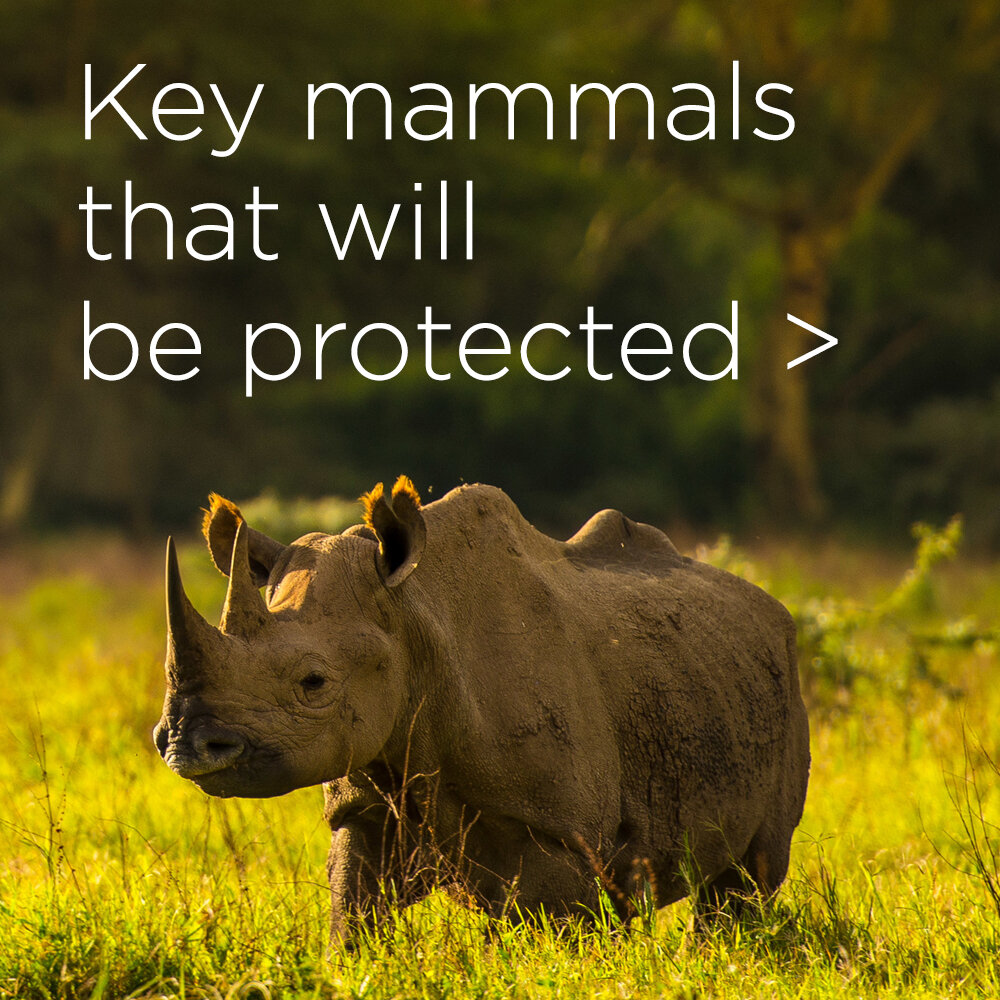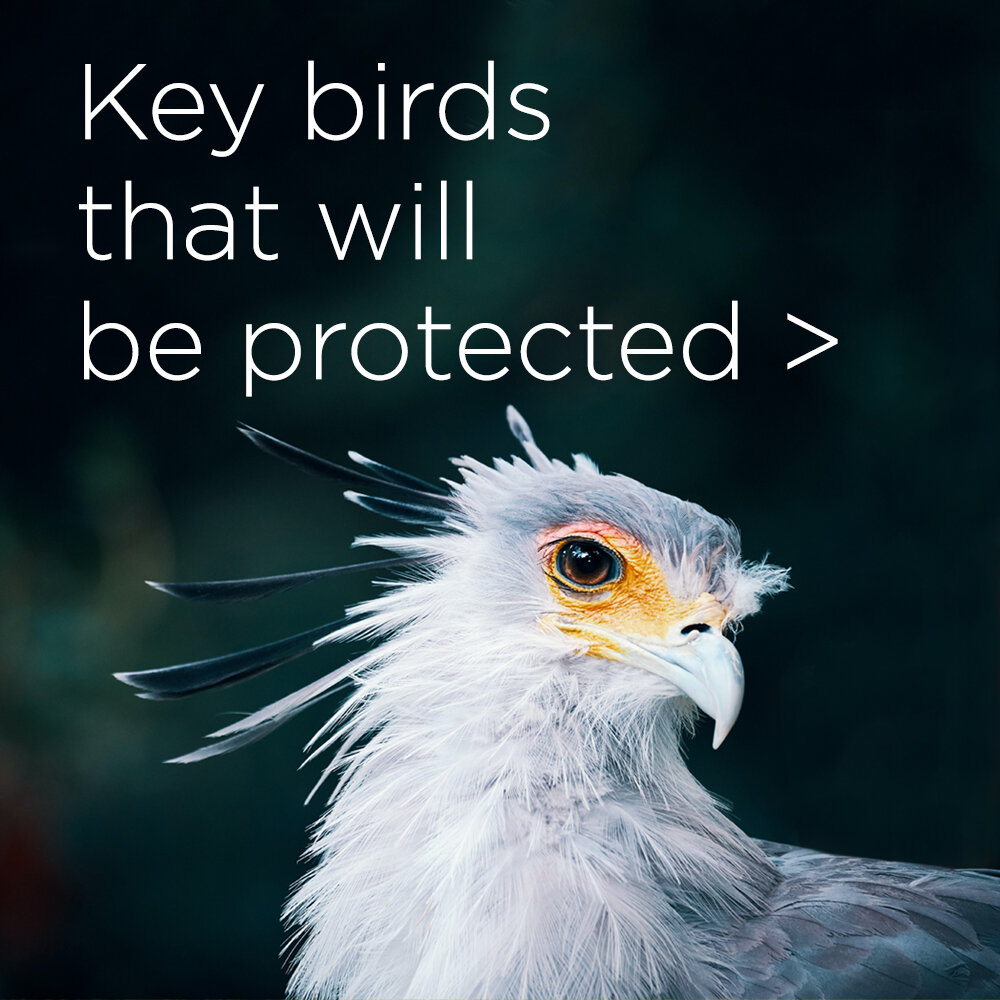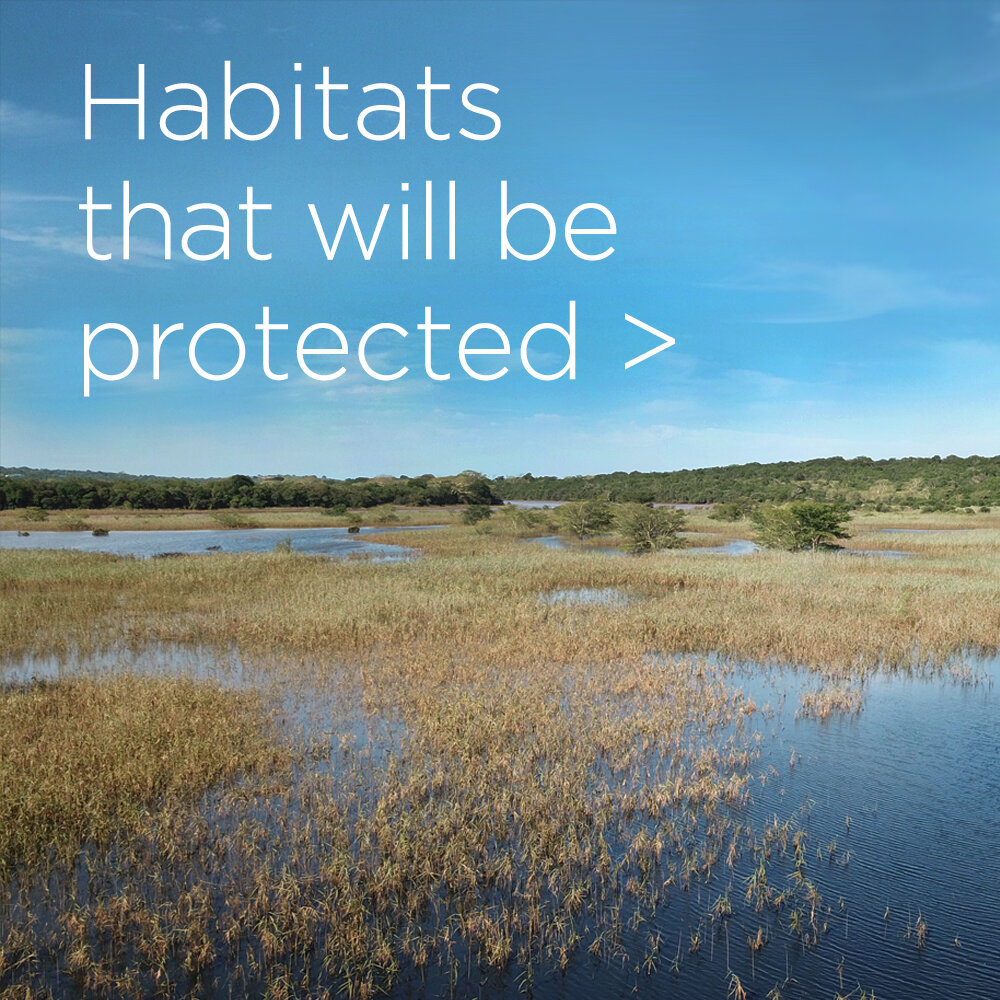From Pineapple Farm to Thriving Forest
A Bold Leap for Conservation in KwaZulu-Natal
Wild Tomorrow new project is to protect this land of 763-acre commercial pineapple farm in northern KwaZulu-Natal, South Africa — not to grow more fruit, but to rewild the land back into a thriving, biodiverse forest.
This land, known as Oosthuizen Farm, will become the newest section of our Greater Ukuwela Nature Reserve — and will mark a powerful step forward in our mission to protect endangered species, restore lost habitats, and support local communities. .
Adopt an Acre. Grow a Forest.
By donating $1,000, you adopt one acre of land and directly contribute to our Field to Forest campaign. Whether you’re funding one acre or a portion of it, every dollar helps protect land to begin the journey of ecological restoration. Adopt an acre in the name of a loved one. (gift an acre to a loved one)
Why Restoring The Oosthuizen Farm Is So Important?
Oosthuizen Farm is no ordinary piece of farmland. Decades ago, before it was cleared for agriculture, this area was part of a rare and critically endangered habitat called Southern African Dry Sand Forest. It’s a unique ecosystem found only on ancient inland sand dunes — and it’s vanishing fast.
By examining satellite images and soil data, we’ve confirmed that over 80% of this land can support the return of the sand forest, making it a top priority for restoration.
Even more importantly, this farm lies directly next to our existing reserve and borders the UNESCO World Heritage iSimangaliso Wetland Park. That makes it a vital link in a wildlife corridor and a natural buffer against agricultural runoff into delicate wetlands.
Why We Must Act Now
In recent years, northern KwaZulu-Natal has seen a worrying increase in agricultural expansion. Pineapple farming in particular is booming, with a reported 20% increase in prices for exports to Europe — and demand for land is surging.
With this purchase, Wild Tomorrow will prevent Oosthuizen Farm from being bought by commercial interests, which will likely be replanted and sprayed with agrochemicals. This is especially alarming because the land lies within the watershed of iSimangaliso Wetland Park. Pesticide runoff from nearby farms has already made this one of the most polluted wetland systems in South Africa — with chemical levels among the highest ever recorded globally in this century.












A Biodiversity Hotspot Under Threat
KwaZulu-Natal sits within the Maputaland-Pondoland-Albany Biodiversity Hotspot — one of just 36 regions globally recognized for their extraordinary species richness and high risk of loss.
At the Greater Ukuwela Nature Reserve, our team has already documented:
1,245 native species
50+ threatened or endangered, including:
African Savannah Elephants
Black Rhinos
Leopards
White-backed Vultures
Suni Antelope
Giraffes
And 14 endangered bird species
This land connects and expands protected habitat for these animals. Without protection, it’s at real risk of being snatched up by commercial pineapple growers — especially as rising export prices drive up demand for farmland.
What Happens Next?
Habitat Restoration:
We’ll start the long-term process of bringing back the native dry sand forest through soil restoration, invasive plant removal, and planting indigenous trees — just as we've seen successfully done by our neighboring conservationists.
Community Employment:
The project will grow our team of local Zulu conservationists, including expanding the “Green Mambas” — our all-Zulu habitat restoration team made up of women and youth from surrounding communities.
A Conservation Win with Global Impact
This purchase doesn’t just protect land — it will:
Expand our protected reserve by 763 acres
Prevent further pollution of a UNESCO Wetland Park
Connect wild areas for endangered species to roam
Support local employment and livelihoods
Offer new space for education, research, and rescue
It’s a once-cleared landscape getting a second chance — and a powerful example of what’s possible when conservation, science, and community come together.
Help Us Bring the Forest Back
Our next step is reforestation, and we need your help! Every donation helps us protect species, restore ecosystems, and create a better future — for wildlife and for people.
Rewilding Oosthuizen Farm will have incredible benefits for the region’s biodiversity.






